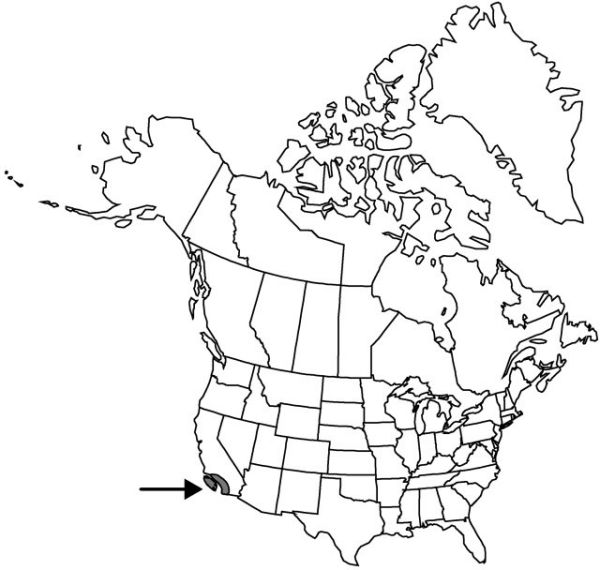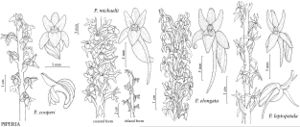Difference between revisions of "Piperia cooperi"
Bull. Torrey Bot. Club 28: 636. 1901.
FNA>Volume Importer |
imported>Volume Importer |
||
| (One intermediate revision by the same user not shown) | |||
| Line 6: | Line 6: | ||
|place=28: 636. 1901 | |place=28: 636. 1901 | ||
|year=1901 | |year=1901 | ||
| + | }} | ||
| + | |special_status={{Treatment/ID/Special_status | ||
| + | |code=F | ||
| + | |label=Illustrated | ||
}} | }} | ||
|basionyms={{Treatment/ID/Basionym | |basionyms={{Treatment/ID/Basionym | ||
| Line 55: | Line 59: | ||
|publication title=Bull. Torrey Bot. Club | |publication title=Bull. Torrey Bot. Club | ||
|publication year=1901 | |publication year=1901 | ||
| − | |special status= | + | |special status=Illustrated |
| − | |source xml=https:// | + | |source xml=https://bitbucket.org/aafc-mbb/fna-data-curation/src/2e0870ddd59836b60bcf96646a41e87ea5a5943a/coarse_grained_fna_xml/V26/V26_1176.xml |
|subfamily=Orchidaceae subfam. Orchidoideae | |subfamily=Orchidaceae subfam. Orchidoideae | ||
|tribe=Orchidaceae tribe Orchideae | |tribe=Orchidaceae tribe Orchideae | ||
Latest revision as of 21:12, 5 November 2020
Plants 14–90 cm. Stems attenuate toward tuberoid, fistulous, 1–8 mm diam. distal to leaves; bracts 3–12. Leaves erect-spreading; blade 9–20(–27) × 1.5–3.1 cm. Inflorescences sparsely flowered, (3–)10–40(–56) cm; rachis at least as long as peduncle; bracts 3–16 mm. Flowers green, fragrance nocturnal, honeylike; sepals 2.3–4 × 1.2–2.5 mm; dorsal sepal spreading to recurved, oblong to ovate; lateral sepals lanceolate to oblong; petals projecting to ± erect-spreading, asymmetrically triangular-ovate, 2.6–3.8 × 1.2–2 mm; lip deflexed, triangular-ovate, 1.6–4 × 1.6–3.5 mm; spur horizontal to deflexed, narrowly cylindric, 3–6(–9) mm; viscidia ovate to oblong, 0.35–0.6 × 0.2–0.4 mm; rostellum blunt. Capsules 4–12 mm. Seeds blackish brown.
Phenology: Flowering Mar–May.
Habitat: Chaparral and coastal scrub
Elevation: 0–1500 m
Distribution

Calif., Mexico (Baja California).
Discussion
Piperia cooperi and P. michaelii have very similar flowers, and their blackish brown seeds are unique in the genus. A few specimens from the Santa Monica Mountains, California, described as P. lancifolia Rydberg, have flowers with spurs of intermediate length (6–9 mm).
Selected References
None.
